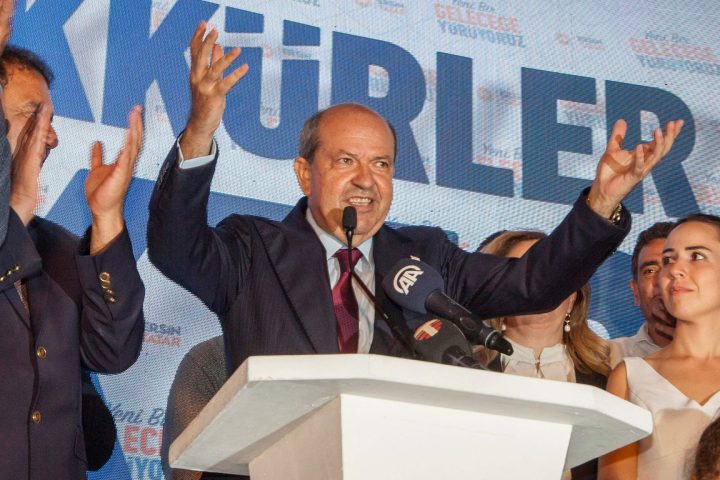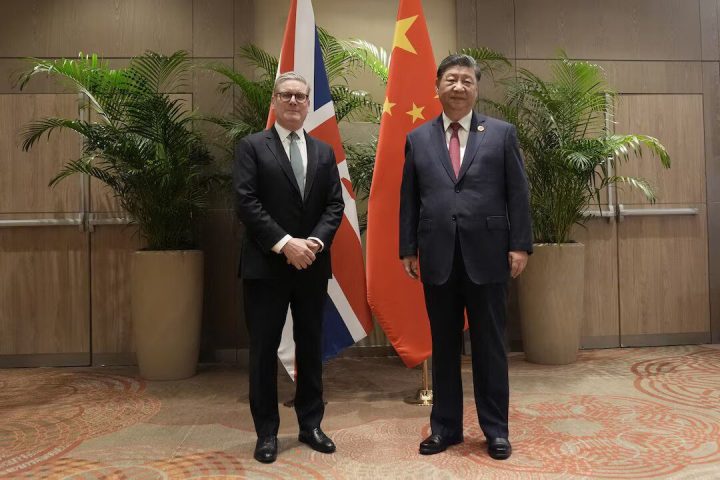After a week of fierce border fighting, Afghanistan and Pakistan have agreed to a full ceasefire during Qatar-brokered talks in Doha.
Pakistan, Afghanistan announce full ceasefire after worst fighting since 2021
Pakistan and Afghanistan have agreed to an immediate ceasefire after a week of intense border fighting — the fiercest since the Taliban came to power in 2021.
The agreement was announced by both sides after talks in Doha, which were brokered by Qatar and Turkey. Pakistani Defense Minister Khawaja Muhammad Asif said the ceasefire “has been finally agreed” and the sides will meet again on October 25 in Istanbul to discuss “detailed issues.”
Taliban spokesman Zabihullah Mujahid confirmed that the parties had agreed to a “complete and meaningful ceasefire.”
Qatar and Turkey have acted as mediators
The Qatari Foreign Ministry said the next meetings were aimed at “ensuring the stability of the ceasefire and verifying its implementation in a credible manner.”
The fighting erupted after Islamabad demanded that Kabul stop militants who allegedly launch attacks from Afghan territory. Pakistani airstrikes on the border areas have provoked a sharp response from the Taliban.
The Afghan side denies harboring militants and accuses Pakistan of disinformation and supporting groups linked to the Islamic State.
New strikes after ceasefire
Despite the agreement, Afghanistan said Pakistani aircraft carried out new strikes in Paktika province after the ceasefire was extended.
The strikes have claimed civilian lives, according to a government spokesman, Mujahid, but Kabul “will refrain from responding out of respect for the negotiation process.”
Pakistan, however, says it targeted verified militant bases and that more than 100 militants killed in the October 11 suicide attack that killed seven Pakistani soldiers were among those killed.
Political tensions and sports boycott
Amid the fresh attacks, Afghanistan announced it was pulling out of a cricket tri-series scheduled for Pakistan after three local players were killed. The Afghan federation said they were victims of military airstrikes.
Pakistan’s Information Minister Ataullah Tarrar dismissed the allegations, saying the strikes were “targeted” and aimed only at combat targets.
The path to peace remains shaky
Despite the ceasefire agreement, trust between the countries remains extremely low. Pakistan is demanding that Kabul stop supporting the militant groups, while the Taliban accuse Islamabad of violating Afghanistan’s sovereignty.
Peace talks scheduled for late October in Istanbul could be crucial to stabilizing a region teetering on the brink of a new military conflict.
Related: Pakistan, Afghanistan agree to 48-hour ceasefire after deadliest clashes since 2021












